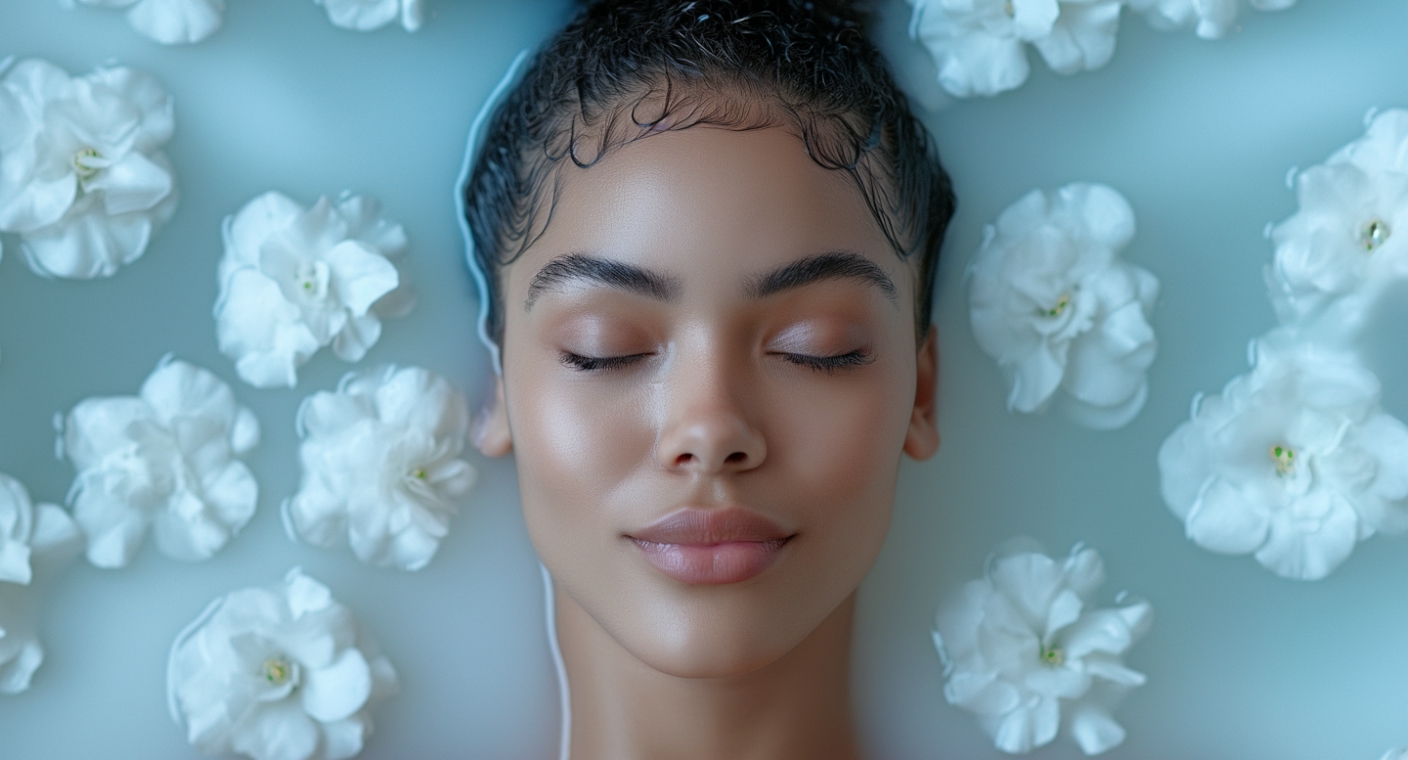The global personal care market is expected to be worth more than 500-billion US dollars in 2025[1], encompassing everything from skincare and haircare to cosmetics and toiletries. As this dynamic industry evolves, we’ve been tracking four key trends likely to influence the industry over the next decade. One thing is clear – in today’s fast evolving market, brands will need to innovate to stay relevant.
AI and AR – a powerful combination towards hyper-beauty personalisation
Artificial intelligence and augmented/virtual reality are having a dramatic impact on many industries and personal care is no exception. These fast-evolving tools are able to help brands offer something that consumers are looking for more and more – a personalised shopping experience and bespoke beauty and wellness solutions.
AI make-up tester and virtual try on apps collect and analyse personal data such as skin type and tone as well as past product preferences. For example, AI-driven face recognition technology can use a selfie to undertake detailed skin diagnostics and brands can use this information to recommend treatments and products accordingly[2]. In fact, a recent McKinsey report cited ‘one global lifestyle player that developed a gen-AI-powered shopping assistant and saw its conversion rates increase by as much as 20 percent’.
Expect more brands to begin offering tools such as AI skincare advisors, AR or VR glasses, or skin or hair analysis via your mobile devices. These virtual experiences are already transforming the personal care sector and are likely to grow further as digital native Gen Alphas reach adulthood and expect these as routine services.
Clean beauty and personal care
Increasingly, as much as wanting to know what a product does, consumers want to know what ingredients a product contains and to be reassured that the products they buy are sustainable, safe and non-toxic. Further, brands are expected to be transparent about their product ingredients and their environmental commitments.
In a nutshell, conscious consumers are looking for ‘clean’, aka eco, solutions and the fact that Tiktok’s #CleanBeauty has over 1.9 billion views and 6.1 billion tags on Instagram[3], says it all.
The Clean Beauty trend is here to stay as people look for a more natural approach to personal care. Clean beauty is, of course, about sustainability but it’s also a way for consumers to align their daily routines with their values and industry experts see the segment growing strongly in 2025 and beyond.
Sustainability meets biotechnology
Linked to both AI and Clean Beauty, a clear and growing trend is the fusion of science – particularly biotechnology – and sustainability to develop natural, ethical and high-performance beauty solutions.
Many innovative natural ingredients have already been discovered – from endemic compounds found in the Amazon and microscopic compounds in algae to glycoproteins, naturally abundant in lobsters and other marine resources. Yet, it can be difficult to produce these natural beauty ingredients sustainably at scale.
Today’s biotech advances mean that scientists are often able to replicate natural processes and produce these known ingredients in the lab in the high quantities required to meet today’s market needs.
It’s clear that in the next decade, biotech and AI will take the science of beauty even further as brands utilise these technologies to develop and produce superior ingredients with minimal environmental footprints.
Social media as a sales platform
With over 1.5 million beauty influencers on TikTok in the United States, and a combined 323,000 on Instagram and YouTube in the United Kingdom, social media has become an important tool for the personal care industry.[4]
In 2025, this importance is set to escalate as a focus on influencers transitions to an emphasis on sales. In 2024, it’s estimated that the average social media shopper spent around 800 Euros directly on social media, with beauty products second only to clothing.
With the numbers of influences continuing to increase, direct sales on social media are also rising, with targeted algorithms that encourage a user to buy the advertised products directly. Expect to see the further integration of online shopping on social platforms.
Technology and sustainability as drivers of change
AI, biotech and increasing consumer concerns about climate change and sustainability will continue to impact beauty and personal care in the coming decade. Brands are using the power of technology to change the way they produce products as well as responding to consumer desires for more personalised beauty solutions. With today’s rapid advances in science and technology expect 2025 to mark new era in this dynamic sector.
Do you want to learn more about communicating your personal care journey? Contact our team to discuss how we can support your communications strategy.



